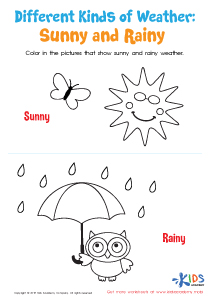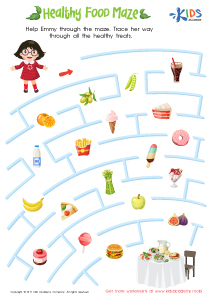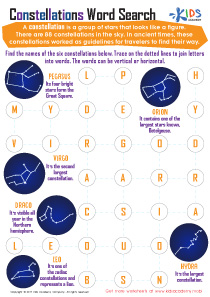Easy Physical Science Worksheets for Ages 4-9
5 filtered results
-
From - To
Discover a fantastic array of Easy Physical Science Worksheets tailored for ages 4-9! Our collection is designed to make learning engaging and accessible for young minds. Covering fundamental concepts in physical science, these worksheets offer interactive activities, colorful illustrations, and simple explanations to boost comprehension and spark curiosity. Children can explore topics such as states of matter, energy, forces, and more, laying a solid foundation for their future science education. Perfect for teachers, parents, and homeschoolers, our worksheets provide an enjoyable way for kids to learn and retain information. Visit us today and make science fun and easy!
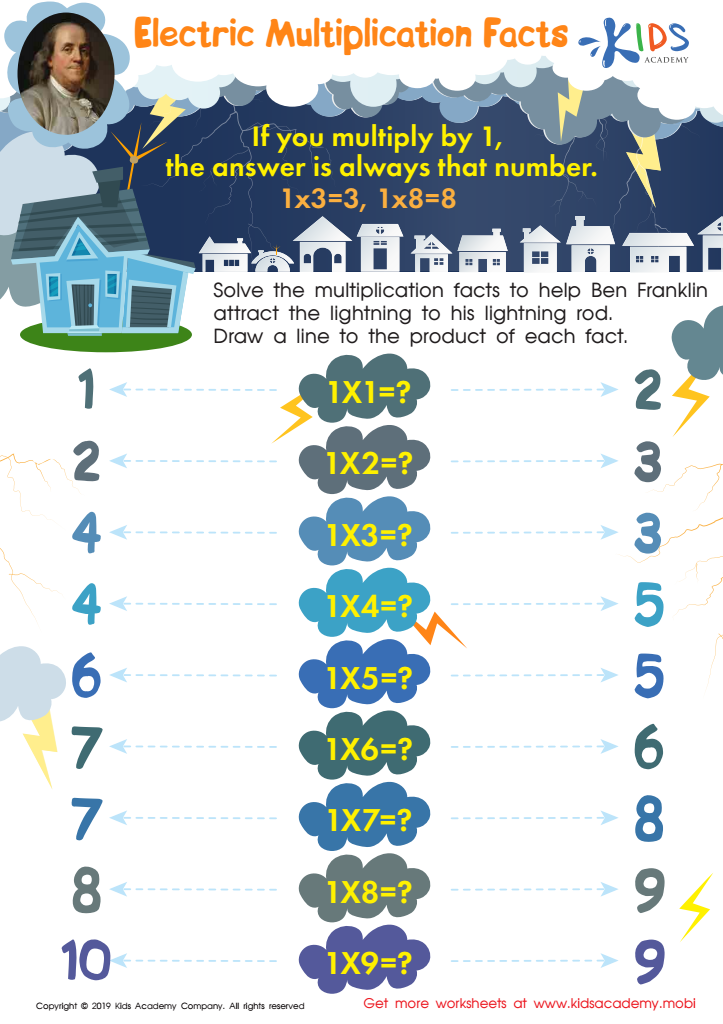

Electric Multiplication Facts Worksheet
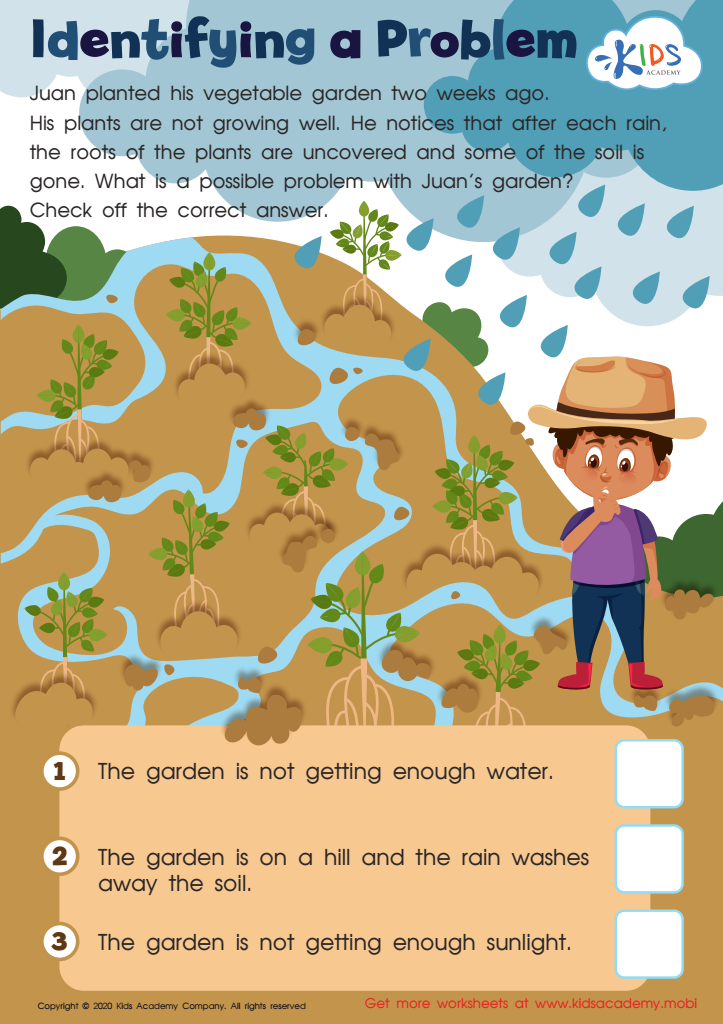

Identifying a Problem Worksheet
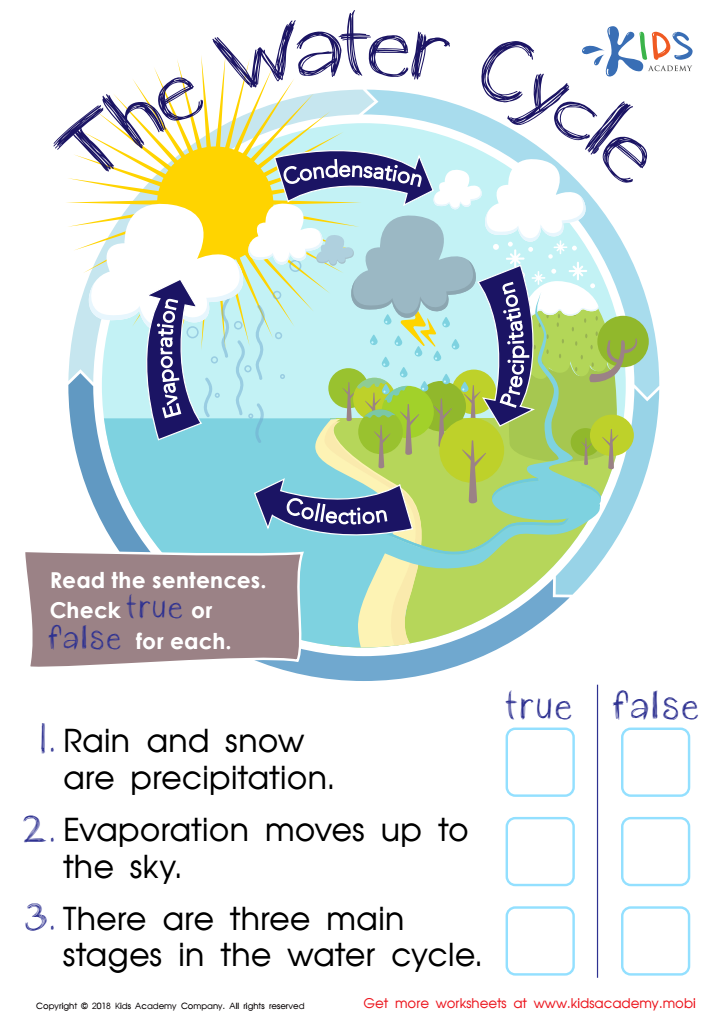

The Water Cycle Worksheet
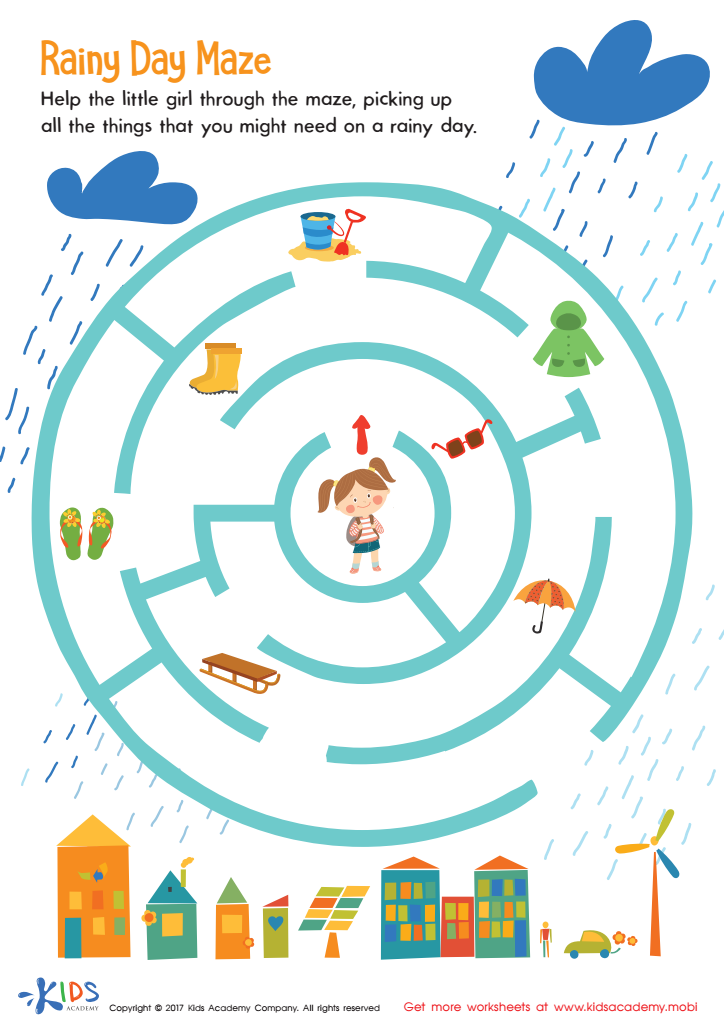

Rainy Day Maze Worksheet
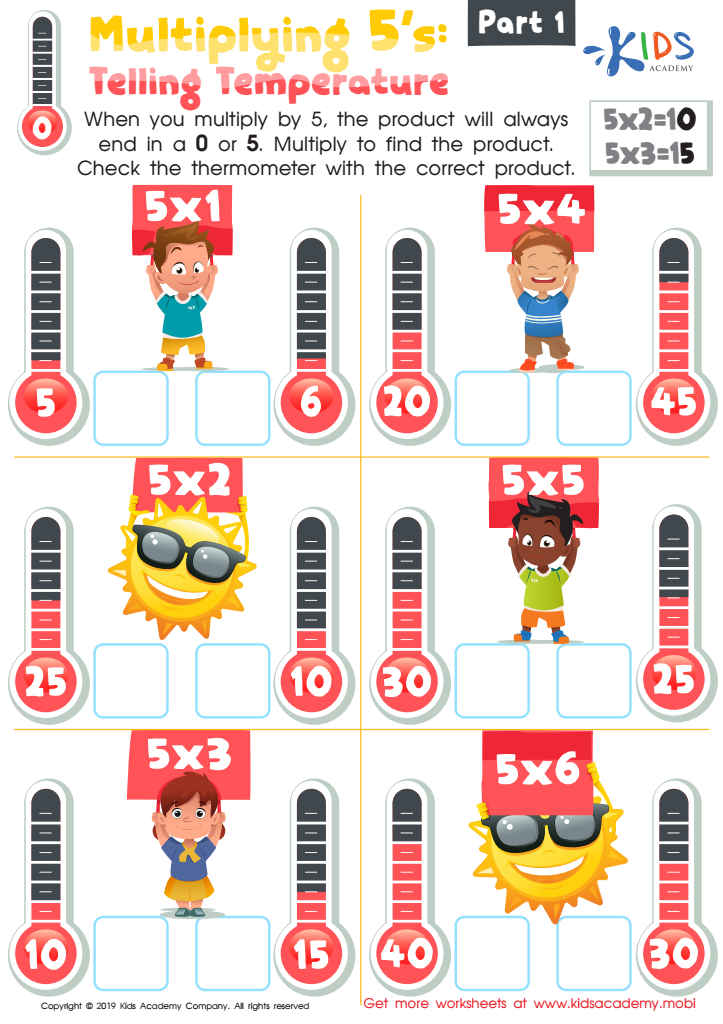

Multiplying 5’s: Telling Temperature Worksheet
Introducing Easy Physical Science to children aged 4-9 is essential for several reasons. Firstly, it stimulates curiosity and fosters a sense of wonder about the world around them. At this young age, children are naturally inquisitive, and early exposure to scientific concepts can enhance their desire to explore and learn. Physical science, which includes explorations of basic principles of nature, physics, and chemistry, helps kids understand everyday phenomena — like why the sky is blue or how magnets work.
Engaging in science activities builds foundational skills such as observation, critical thinking, and problem-solving, which are transferable to all areas of learning and life. By participating in simple, hands-on experiments, children develop fine motor skills and learn the scientific method: asking questions, forming hypotheses, conducting experiments, and drawing conclusions.
Furthermore, early science education contributes to overall cognitive development. It introduces children to new vocabulary and concepts, which can improve language skills and enhance mathematical understanding by teaching measurement and other related skills.
For parents and teachers, fostering an interest in physical science sets the stage for lifelong learning and can spark a passion for STEM (Science, Technology, Engineering, and Mathematics) fields, which are critical in today’s technology-driven world. Thus, easy and enjoyable science experiences promote academic achievement and pave the way for future educational and career opportunities.
 Assign to My Students
Assign to My Students





.jpg)




